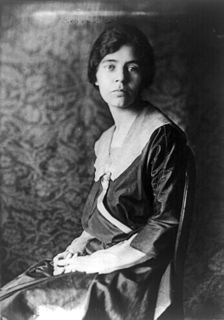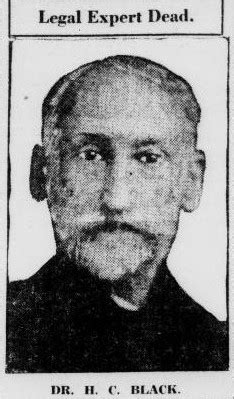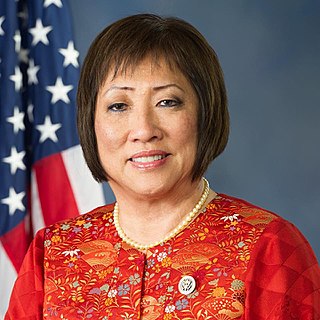A Quote by Thomas Jefferson
All... natural rights may be abridged or modified in [their] exercise by law.
Related Quotes
And these great natural rights may be reduced to three principal or primary articles: the right of personal security; the right of personal liberty; and the right of private property; because as there is no other known method of compulsion, or of abridging man's natural free will, but by an infringement or diminution of one or other of these important rights, the preservation of these, inviolate, may justly be said to include the preservation of our civil immunities in their largest and most extensive sense.
Good and wise men, in all ages, have embraced a very dissimilar theory. They have supposed that the deity, from the relations we stand in to himself and to each other, has constituted an eternal and immutable law, which is indispensably obligatory upon all mankind, prior to any human institution whatever. This is what is called the law of nature....Upon this law depend the natural rights of mankind.































